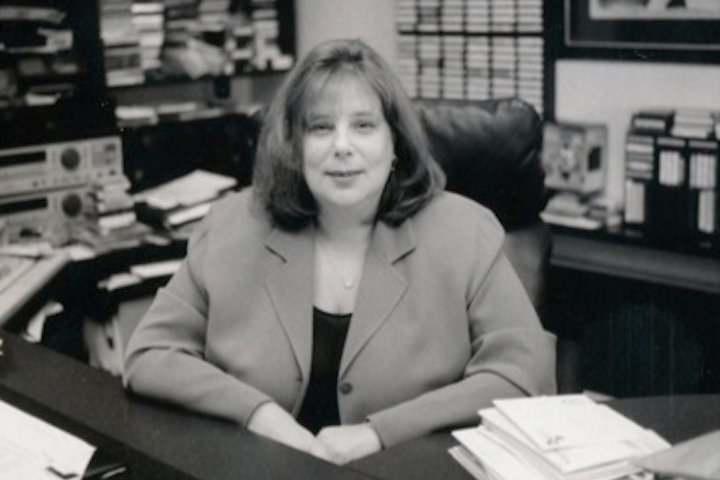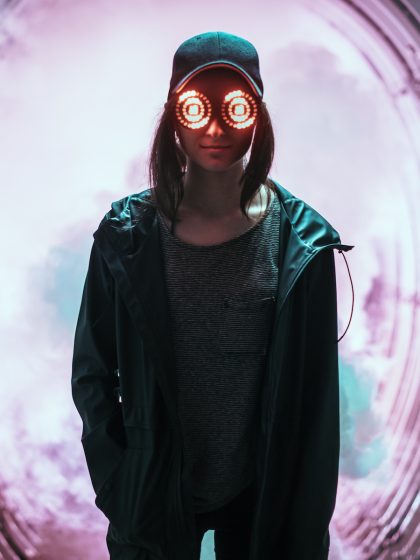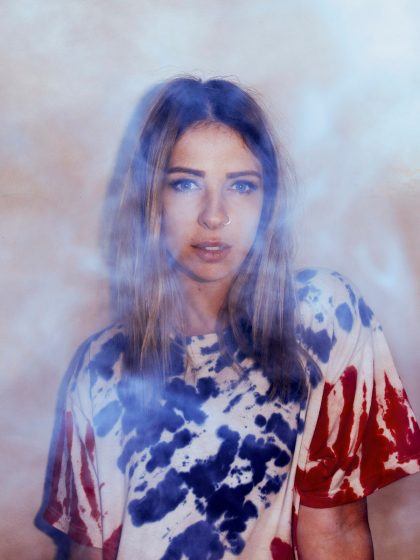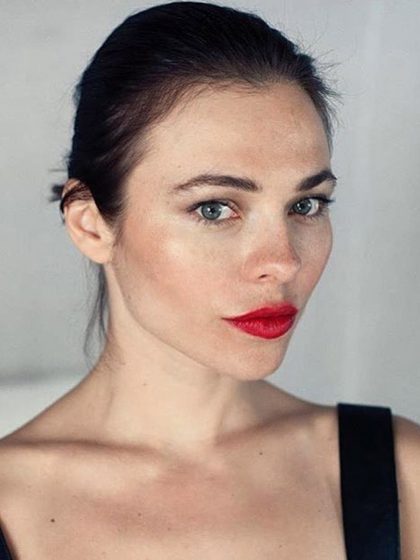Judy Weinstein: The Woman Behind the Scenes Keeping the Disco Lights On
In honor of Women’s History Month, we are throwing some shine on the most influential female industry figures who helped pioneer electronic and dance culture.

Judy Weinstein is a boss. The oft-unsung heroine who truly helped make New York happen, Weinstein is a name true believers know and respect to this day. The reference is probably thrown around too much, but she was the Zelig (or “the Eve,” as she jokes) of disco and crystallized the link between dance music’s underground and its big business. She also has an unparalleled ear for what makes bodies move, and no disco history is complete without acknowledging her contributions in creating the infrastructure to help grow dance music.
Weinstein was there for her first party at the Loft in 1971 to witness David Mancuso—along with his band of merry love crusaders—setting the template for many clubs and parties to this day.
Raised in Brooklyn, and a dance music fan since childhood, Weinstein was there for her first party at the Loft in 1971 to witness David Mancuso—along with his band of merry love crusaders—setting the template that many clubs and parties to this day are still trying to emulate or carry the torch for: top-notch sound, everything free, one record playing at a time, no “DJ,” everyone at the party as an equal, and other ideas of collectivism that permeate much of dance culture—at least in theory. Weinstein became a Loft member, a coveted invite-only sort of thing that has been enshrined in the halls of disco legend and is seen by many as the gold standard. She immersed herself in the scene, and there was no turning back.
Later, she became David Mancuso’s office manager and helped keep the trains running on time—or at least running. It’s there that she befriended two other dance music first-ballot hall of famers, Frankie Knuckles and Larry Levan, who all became tight-knit. With Mancuso, Weinstein established the first record pool, known as the New York Record Pool. A record pool was/is a unique way to distribute records from the labels to the working DJs—in order to move units, and as a way for the DJs to get the records they needed, essentially. It was mutually beneficial.
This may sound quaint, but it was a huge step in organizing this still-nascent musical ecosystem and providing support (i.e., all the hot new club records) to the maestros. In doing so, she helped create the infrastructure that supports DJ culture today. After Mancuso shut down the New York Record Pool on account of “stress,” Weinstein later founded her own record pool, For the Record. Her home was Larry Levan’s Paradise Garage, another one of the, if not the, most lionized and mythologized underground clubs ever.
The ‘80s also found Weinstein starting her own multifaceted company and home for classic New York DJs, Def Mix—which is still going strong. It’s a boutique shop for her intimate roster or “family,” like Satoshi Tomiie, Knuckles, and David Morales, whose careers she has helped steer and foster over the decades. Weinstein’s career is a reminder that there is so much love and labor behind putting on parties—whether it’s 20 or 20,000—and putting out music. And behind every great DJ or musician, there are often many other people helping hold them up.





